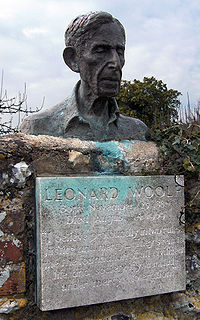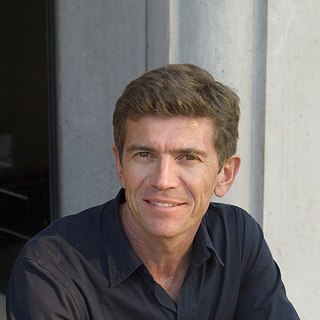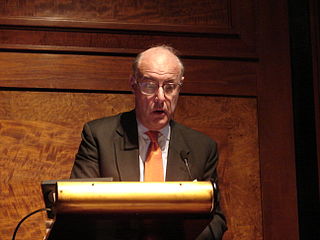A Quote by Bill Vaughan
He who writes prose builds his temple to Fame in rubble; he who writes verses builds it in granite. - Edward George Earle Lytton Bulwer-Lytton, first Baron Lytton
Related Quotes
Men and women make their own beauty or their own ugliness. Sir Edward Bulwer Lytton speaks in one of his novels of a man "who was uglier than he had any business to be;" and, if we could but read it, every human being carries his life in his face, and is good-looking or the reverse as that life has been good or evil. On our features the fine chisels of thought and emotion are eternally at work.
"True science has no belief," says Dr. Fenwick, in Bulwer-Lytton's 'Strange Story;' "true science knows but three states of mind: denial, conviction, and the vast interval between the two, which is not belief, but the suspension of judgment." Such, perhaps, was true science in Dr. Fenwick's days. But the true science of our modern times proceeds otherwise; it either denies point-blank, without any preliminary investigation, or sits in the interim, between denial and conviction, and, dictionary in hand, invents new Graeco-Latin appellations for non-existing kinds of hysteria!
For all her active goodness, Florence Nightingale herself was far from being the angelic figure of popular adulation: according to Lytton Strachey's Eminent Victorians she was a self-righteous, domineering amazon, who was ruthless in her compassion, merciless in her philantropy, destructive in friendships, obsessional in her list for power, and demonic in her saintliness.
[Raymond Roussel] said that after his first book he expected that the next morning there would be a kind of aura around his person and that everyone in the street would be able to see that he had written a book. This is the obscure desire harboured by everyone who writes. It is true that the first text one writes is neither written for others, nor because one is what one is: one writes to become other than what one is. One tries to modify one's way of being through the act of writing.






























